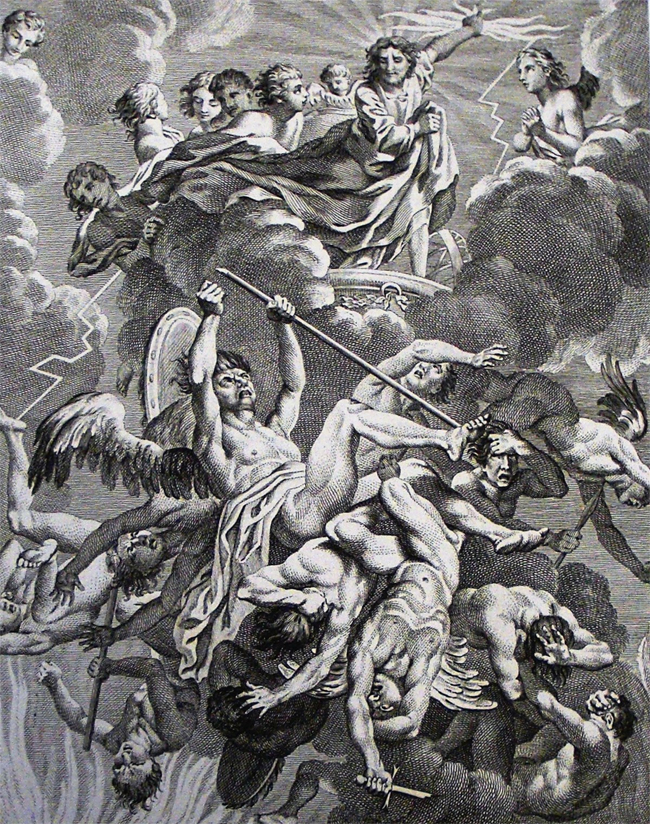Christian Art | Luke 10: 25-37 | King James Audio Bible | KJV | Parables Of Jesus | Good Samaritan
Luke 10: 25-27 | King James Audio Bible | Parables | KJV | Love Revealed By Jesus Christ
25 ¶ And, behold, a certain lawyer stood up, and tempted him, saying, Master, what shall I do to inherit eternal life?
26 He said unto him, What is written in the law? how readest thou?
27 And he answering said, Thou shalt love the Lord thy God with all thy heart, and with all thy soul, and with all thy strength, and with all thy mind; and thy neighbour as thyself.
28 And he said unto him, Thou hast answered right: this do, and thou shalt live.
29 But he, willing to justify himself, said unto Jesus, And who is my neighbour?
30 And Jesus answering said, A certain man went down from Jerusalem to Jericho, and fell among thieves, which stripped him of his raiment, and wounded him, and departed, leaving him half dead.
31 And by chance there came down a certain priest that way: and when he saw him, he passed by on the other side.
32 And likewise a Levite, when he was at the place, came and looked on him, and passed by on the other side.
33 But a certain Samaritan, as he journeyed, came where he was: and when he saw him, he had compassion on him,
34 And went to him, and bound up his wounds, pouring in oil and wine, and set him on his own beast, and brought him to an inn, and took care of him.
35 And on the morrow when he departed, he took out two pence, and gave them to the host, and said unto him, Take care of him; and whatsoever thou spendest more, when I come again, I will repay thee.
36 Which now of these three, thinkest thou, was neighbour unto him that fell among the thieves?
37 And he said, He that shewed mercy on him. Then said Jesus unto him, Go, and do thou likewise.
Jesus works so hard to overcome division and to bring people together. Jesus always in his teaching is breaking down the petty divisions that keep people apart: he drives a sword through ready made social definitions and prejudice, saying instead that we are all human beings, called to be together and to be with God, as God’s chosen.
Jesus teaches us the parable of the Good Samaritan to clarify the meaning of the core commandments of the Law: ‘Hear, O Israel: The Lord our God is one Lord: And thou shalt love the Lord thy God with all thine heart, and with all thy soul, and with all thy might.’ (Deuteronomy 6: 4-5) The question then is put to Jesus: Who is my neighbour? Jesus’ answer is unequivocal: Everyone, every human being on this planet, is your neighbour.
It seems significant that it is a lawyer asking Jesus this question. When Jesus teaches us this parable, he is not only teaching us to love our enemies, and to beware of hypocrisy; there is an additional attack on the priest and the Levite in the parable, which is concerned to expose an over-exact and legalistic interpretation of the details of the Law, which has led people to forget the core precepts of the Law, namely to love God and to love our neighbours.
According to the Law of Moses, and as this had been elaborated over the years, contact with dead bodies brought impurity, and cleansing through various ablutions, rites of purification, would then be required. This was both for reasons of hygiene, and too through respect for the dead.
The fault, the aberration, of the priest and the Levite in the parable is this: that they do not know if the man on the roadside is dead or living. They prefer to default to a secondary, ritualistic aspect of the Law, rather than adhere to the core commandment of love and charity.
This ties in closely with other of Jesus’ attacks on the priests, scribes and Pharisees, that because of self-interest, they have allowed the core commandments of the Law to be choked in interminable and empty ritualistic detail. In effect, they have abandoned God.
It is an extraordinary story. The Samaritan, an enemy, shows himself more in accordance with God’s will than those who most profess to abide by the Law. It is a radical, dangerous message, which must have been deeply unsettling to those first listening to Jesus. The Samaritan goes out of his way to help the injured man. He is a figure of Christ, made man to free humanity of our self-made wounds. God’s mercy, then, comes out of the blue, from a most unexpected quarter, far removed from the claims to sanctity of the religious authorities of Christ’s time.
‘But you are taught to pray above all for the people, that is for the whole body, for all the members of your holy mother the Church, whose distinguishing mark is brotherly love. If you ask for something for yourself, you will be praying only for yourself… But now, because each is praying for all, then all are praying for everyone.’ St Ambrose
![]()

King James Audio Bible | Endnotes
Pope Francis And The Parable Of The Good Samaritan
Pope Francis has cited Jesus’ Parable of the Good Samaritan as an example of Christ’s call to love and serve each other – every other human, all humans. Pope Francis has used the parable to challenge his listeners to go beyond mere words and to put their faith into action by serving those in need.
In a 2013 homily, Pope Francis spoke of the parable as a reminder of the need for compassion and solidarity with those who suffer:
‘The Samaritan, in fact, is an outcast, he is considered a heretic; yet he stopped, moved with compassion, and behaved as a brother to the needy man. It’s a beautiful parable, and teaches us so much! We must be careful not to pass by the other side of the road. There are many, many needy people in our world, so many who are suffering.’
For Pope Francis, the Parable of the Good Samaritan speaks to the contemporary crisis of indifference and self-centeredness. He has criticized what he calls a ‘culture of indifference’, in which people are too wrapped up in their own concerns to care for the needs of others. In a 2015 homily, he said:
‘We are so immersed in a culture of indifference, that we have forgotten how to weep, how to experience compassion for others. Yet the Good Samaritan teaches us the opposite: he was moved by compassion, he took care of the wounded man, he spent his own money for him.’
Pope Francis has also emphasized the connection between love of neighbour and love of God, drawing on the Parable of the Good Samaritan to illustrate this point. He has often stressed that the two commandments – to love God and to love one’s neighbour – are inseparable, and that we cannot truly love God without loving those around us. In a 2016 address to a group of Polish bishops, he said:
‘In the parable of the Good Samaritan, Jesus teaches us that the love of neighbour is inseparable from the love of God. It is not possible to love God without loving one’s neighbour, and it is not possible to love one’s neighbour without loving God.’
Pope Francis’s reflections on the parable of the Good Samaritan remind us of urgent need for compassion, solidarity, and social justice in our world today. He challenges us to see others as our brothers and sisters, and to put our faith into action by serving those in need. By doing so, he calls on us to build a more just and compassionate society, rooted in the values of the Gospel.








